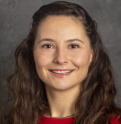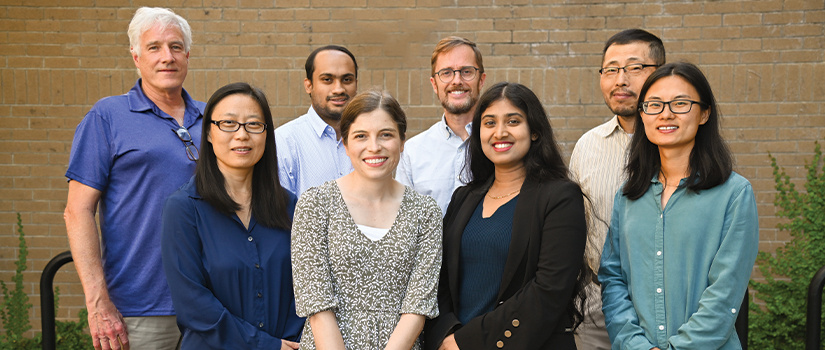So much of today’s world is data driven! Do you ever imagine yourself making our community
healthier by turning data into knowledge that will provide data-driven guidance to
improve public health?
Biostatistics is at the forefront of many of today’s big data challenges and uses rigorous methods
to unravel the true story hidden within increasingly complex data.
Biostatisticians are currently in great demand! Our graduates hold positions in universities, research
institutes, governmental agencies such as CDC, NIH, and state health departments,
and in private industry including pharmaceutical companies and even financial institutions.
The Division of Biostatistics includes eleven full-time faculty. Our faculty are
passionate about teaching, mentoring and advancing biostatistical methodologies that
address complex issues in data analysis and interpretation. We integrate techniques
in mathematics, statistics and public health to turn data into the answers to pressing
public health and clinical questions. Students will not only acquire rigorous training
in statistical methods and computational tools but will be educated in cognate areas
of health sciences such as genetics and epidemiology.
The Division’s primary areas of research expertise are longitudinal data analysis,
Bayesian data analysis, spatial data analysis, quantile regression, correlated data
analysis, survival analysis, brain imaging data analysis, and integrative analysis
of “-omics” data.
Degrees Offered
We offer eight advanced degrees in epidemiology and biostatistics. Each graduate degree has specific application deadlines and requirements.
Biostatistics News

Four Arnold School faculty members awarded Two Thumbs Up Awards from Student Disability
Resource Center
Kersten Cope, Alicia Flach, Myriam Torres and Yanan Zhang were recognized by the Student
Disability Resource Center with 2025 Two Thumbs Up Awards for going above and beyond
to support students with disabilities.

50 Careers for 50 Years: Anja Zgodic
Since graduating with a Ph.D. in Biostatistics in 2023, Anja Zgodic has worked at
the science-based Berkshire Hathaway company, Lubrizol. As a Senior Data Scientist/Statistician,
Zgodic says she uses her Arnold School degree every day.

Stella Self to develop new ways to monitor spread of vector-borne diseases
With $3.7 million from the National Institutes of Health, Self will collaborate with
colleagues from multiple institutions on a project that, over time, will save many
more millions in the cost of surveillance efforts to track vector-borne diseases.

Arnold School researchers play key role in child malnutrition report from UNICEF,
WHO, and World Bank
Alexander McLain and Edward Frongillo were acknowledged for their role in developing
the analytic methods used for estimating overweight and stunting trends among children
around the world.

New training program preps minority students for careers in health data science
The National Institute of Allergy and Infectious Diseases has awarded about $1.6 million
to Arnold School faculty to launch a training program aimed at preparing underrepresented
minority students to pursue careers in health data science.

Staff Spotlight: Chase Ferch
As the epidemiology and biostatistics department's grant administrator, Chase Ferch
oversees the pre-award and post-award management for all grant funding.

Student award winners announced
The Department of Epidemiology and Biostatistics is proud to announce the recipients
of their 2023 Student Awards. These four students were selected for their outstanding
performance both academically and outside the classroom.
More Arnold School News







